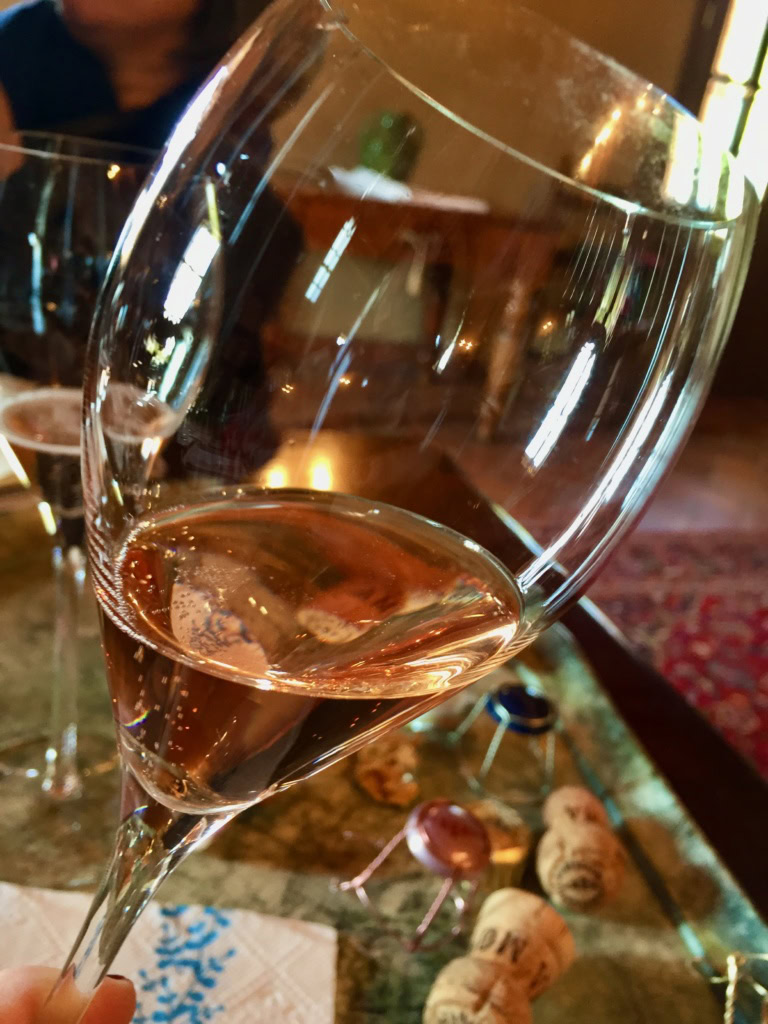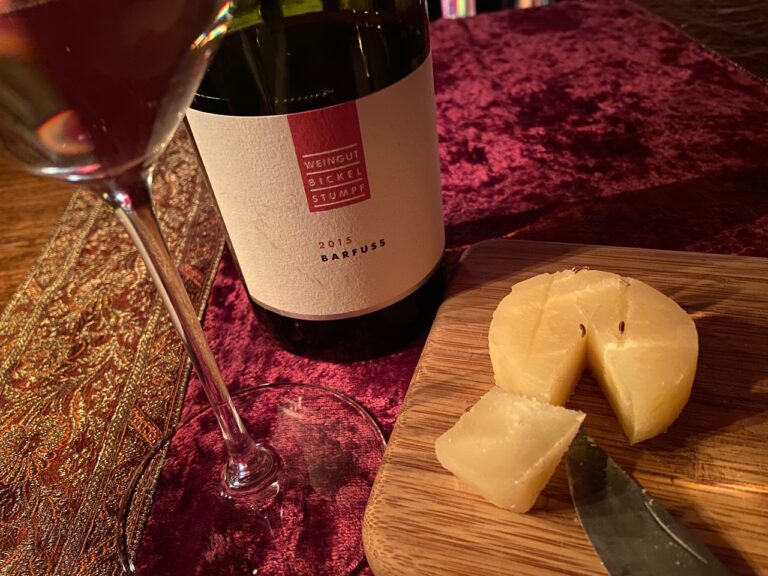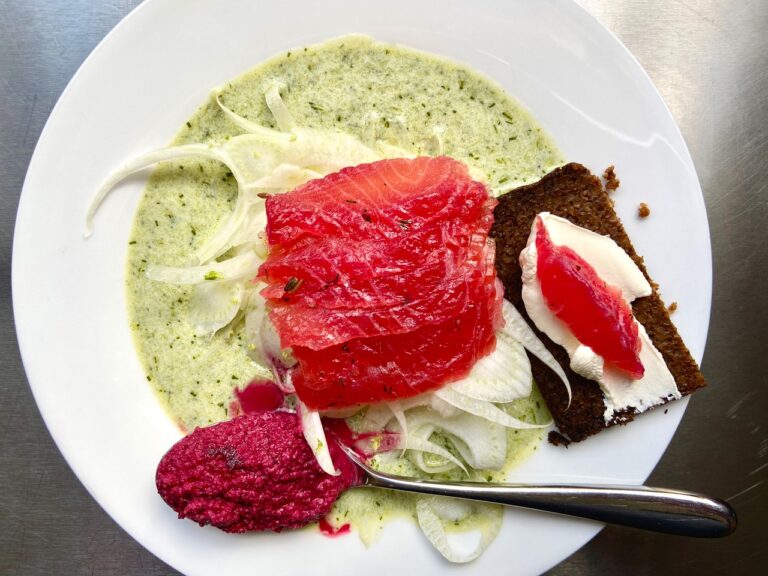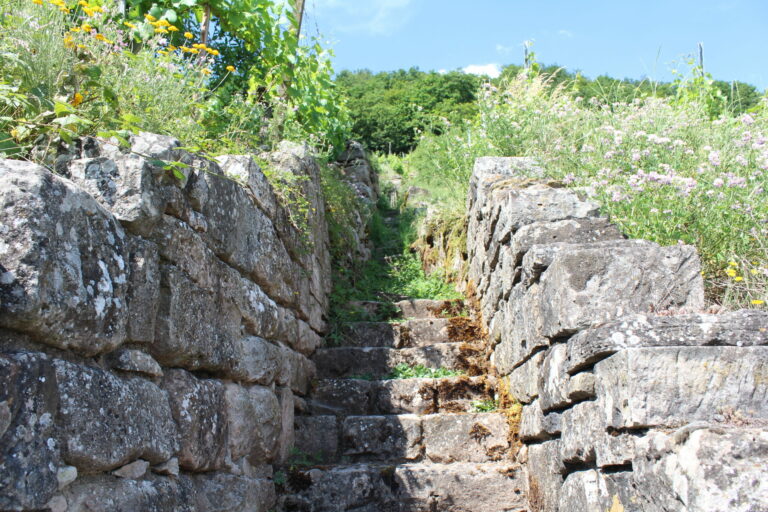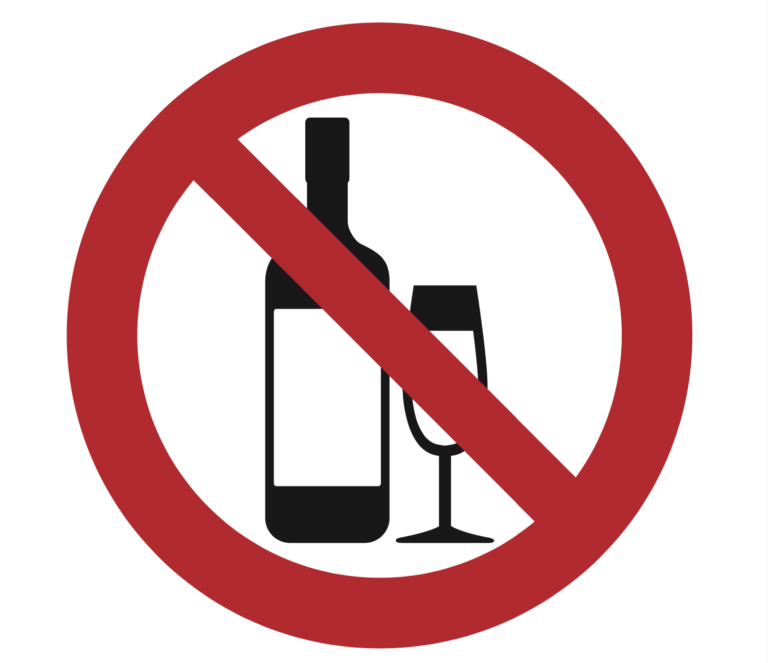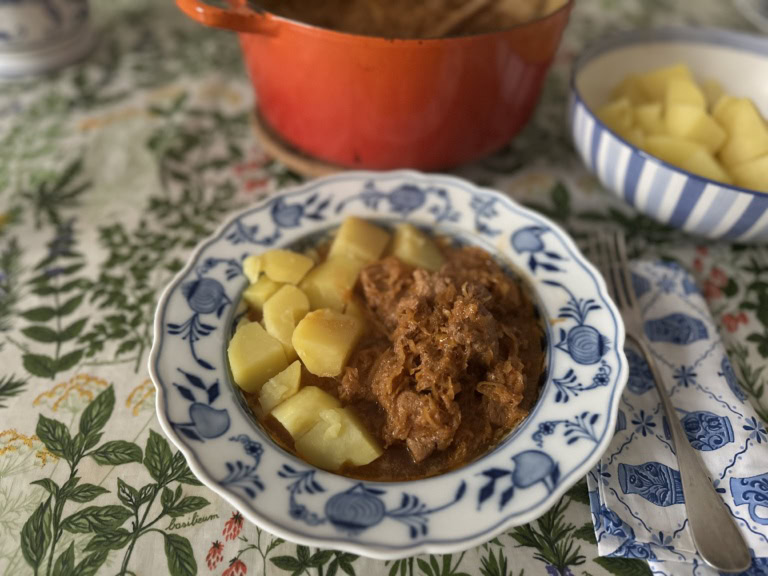It Takes Two: Eva Fricke and Jenna Fields
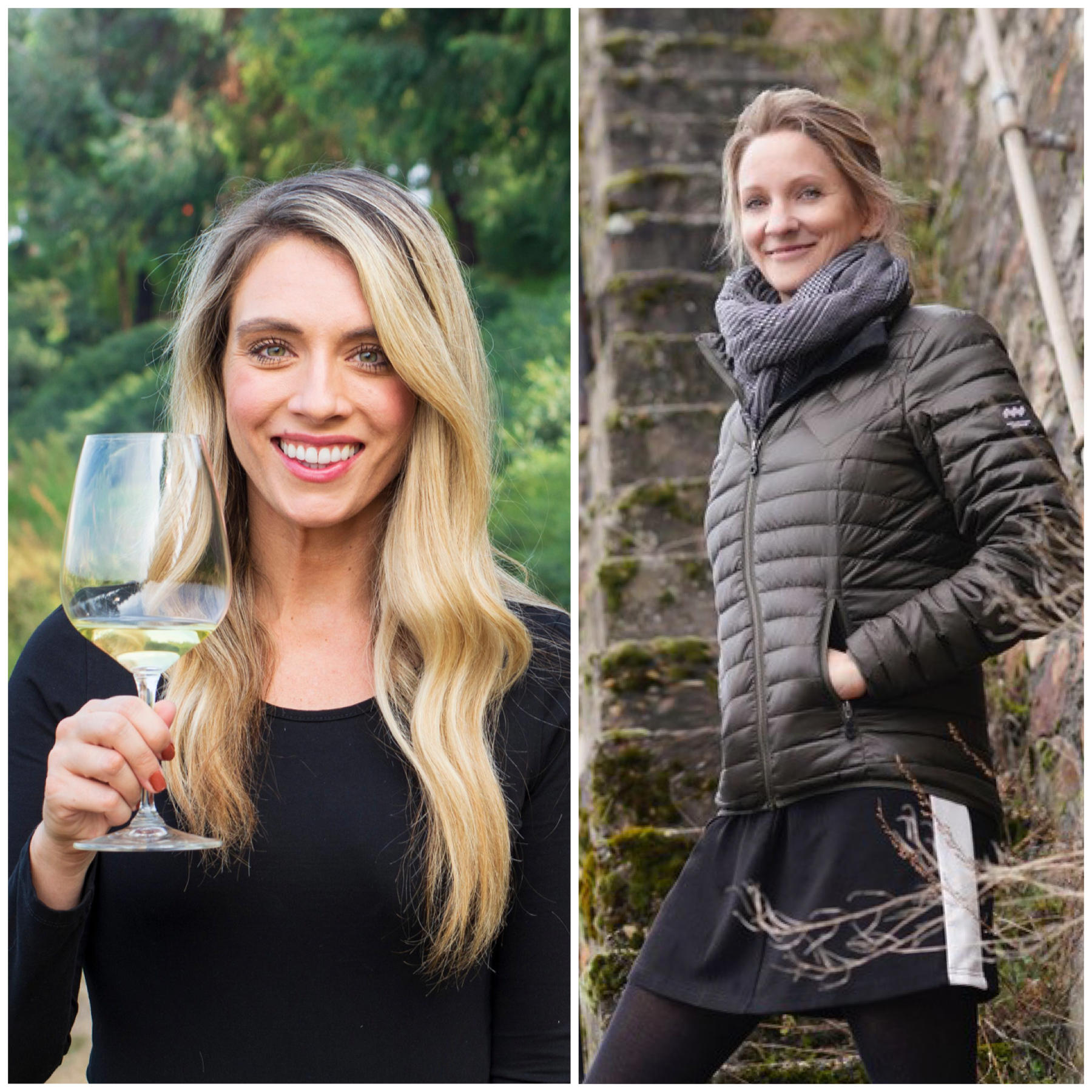
March 25, 2024 Update: Eva Fricke and the German Wine Collection no longer together. Apparently, the tango takes even more complex footwork than either party anticipated. And the frisson of friction is real. In wine, the relationship between importer and producer works better when it’s more tango than transaction. First there is the careful footwork of their own internal negotiations, then a set of fancy steps together for the audience. The goal is to position the new producer within an aesthetic and cultural context that would-be consumers will find attractive. It is a delicate dance that requires surprising intimacy and…

